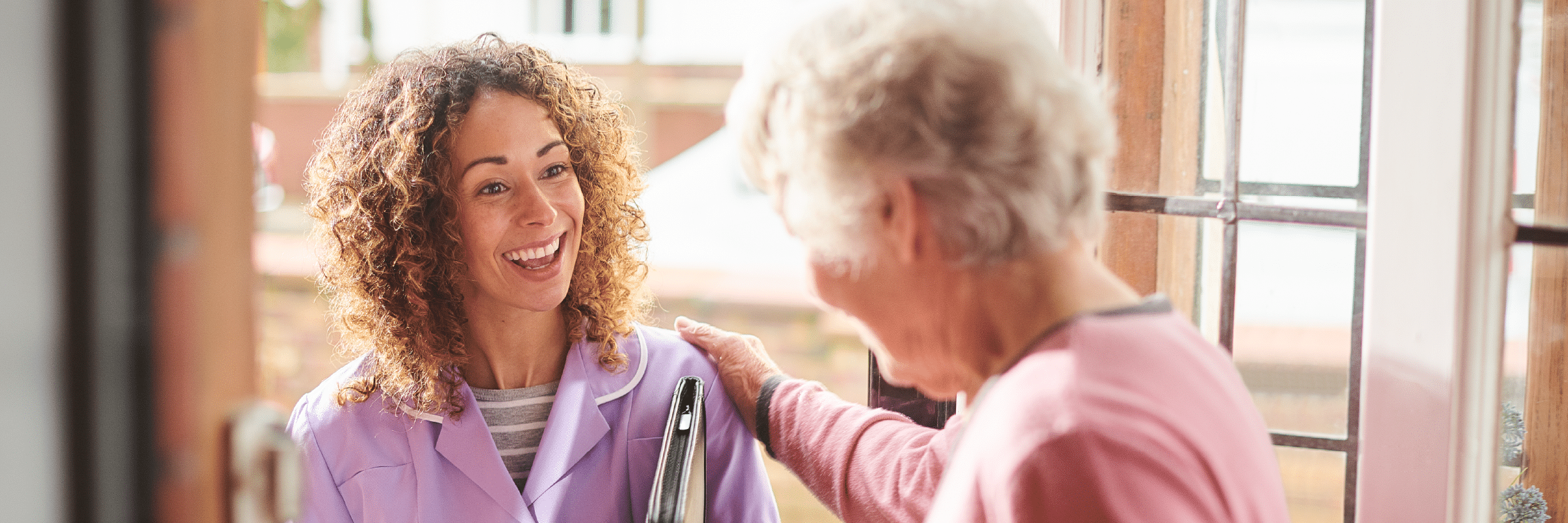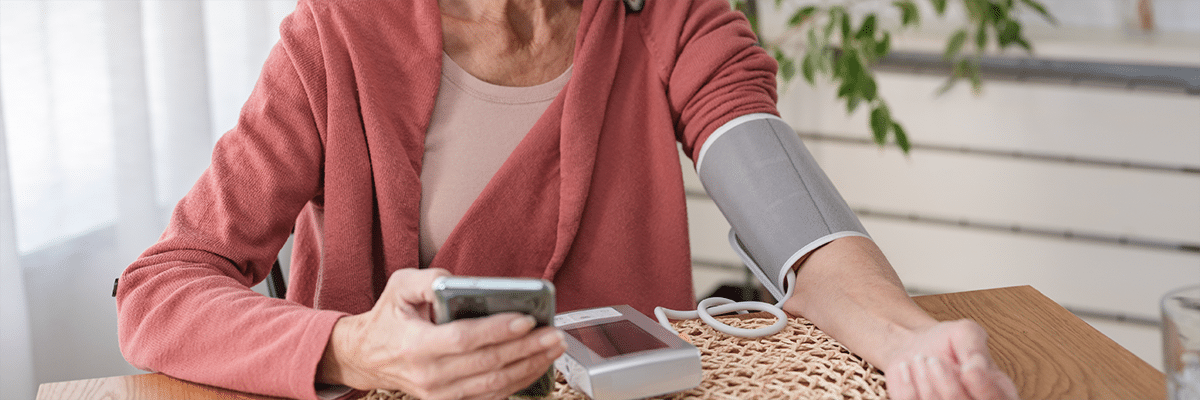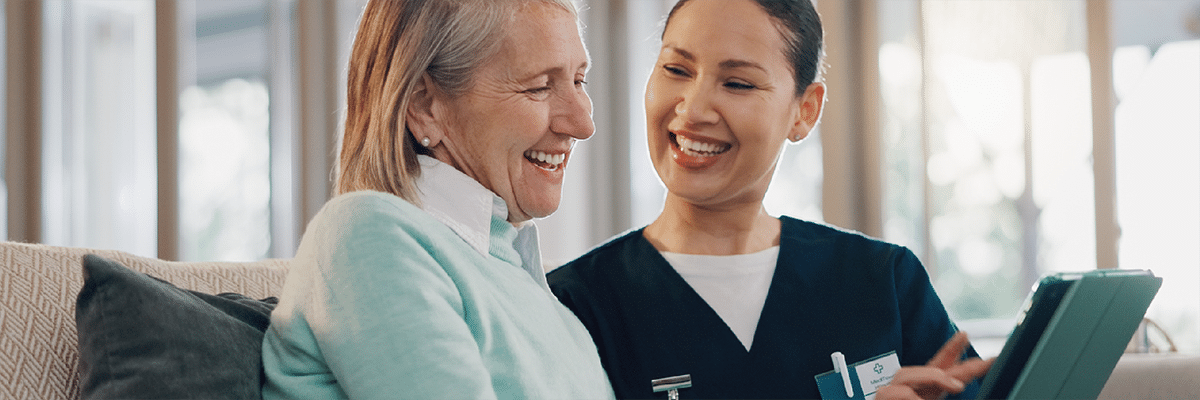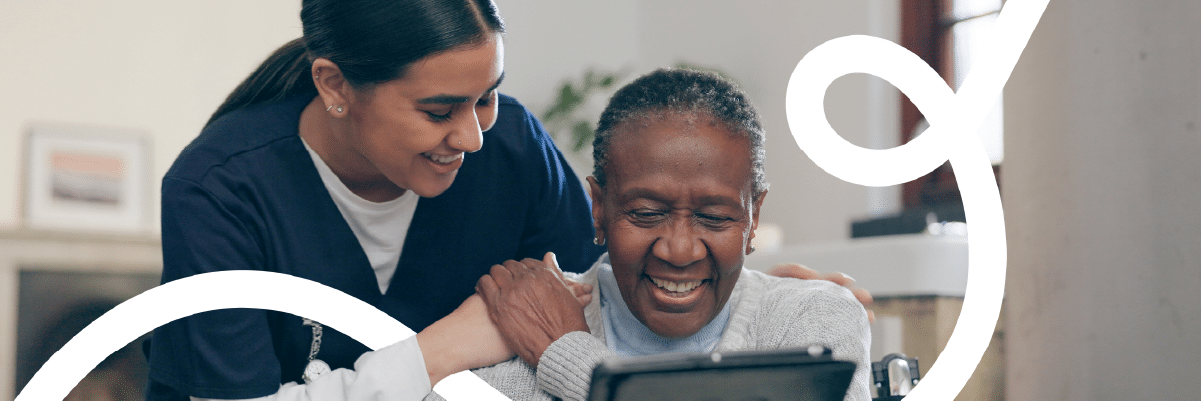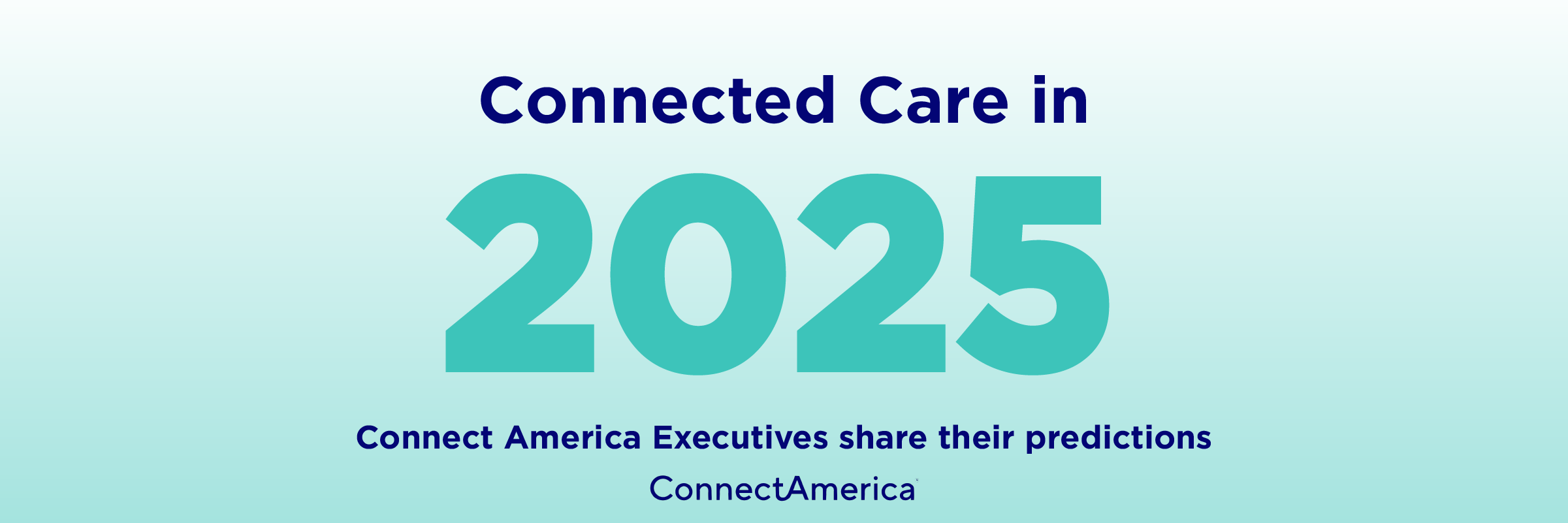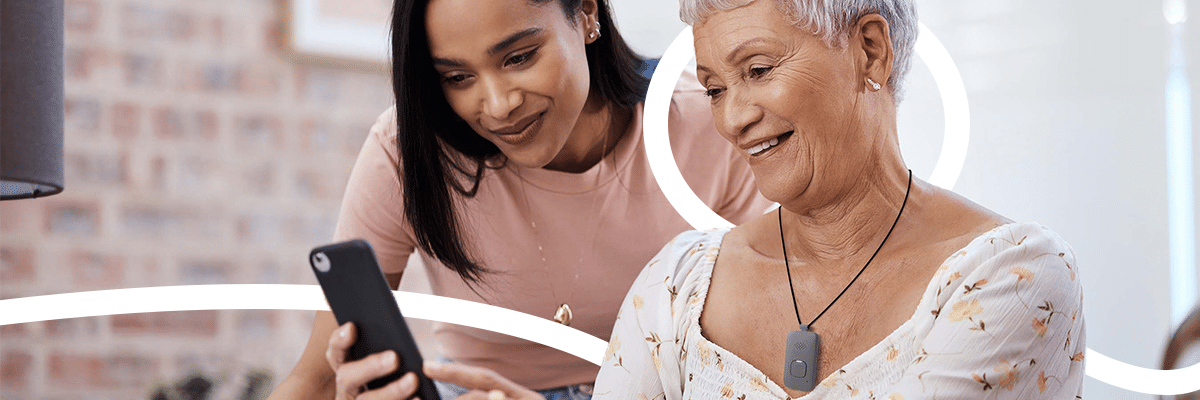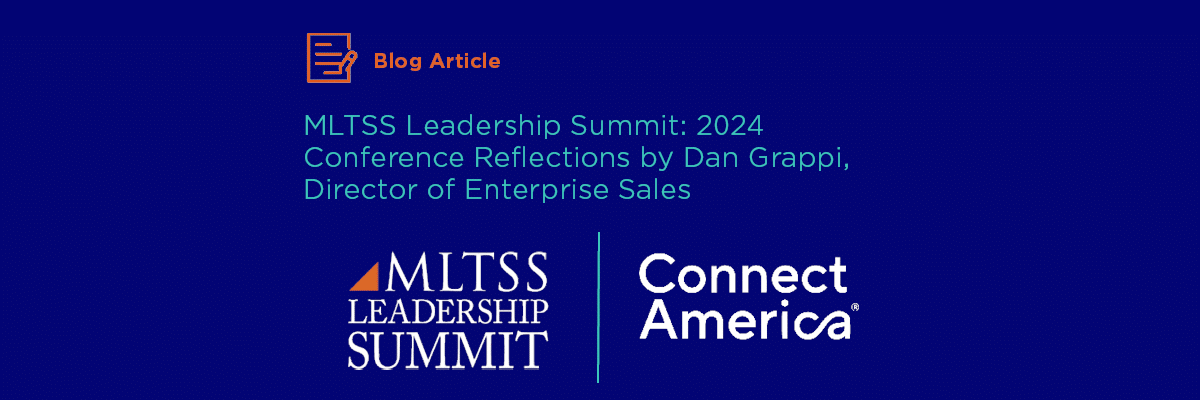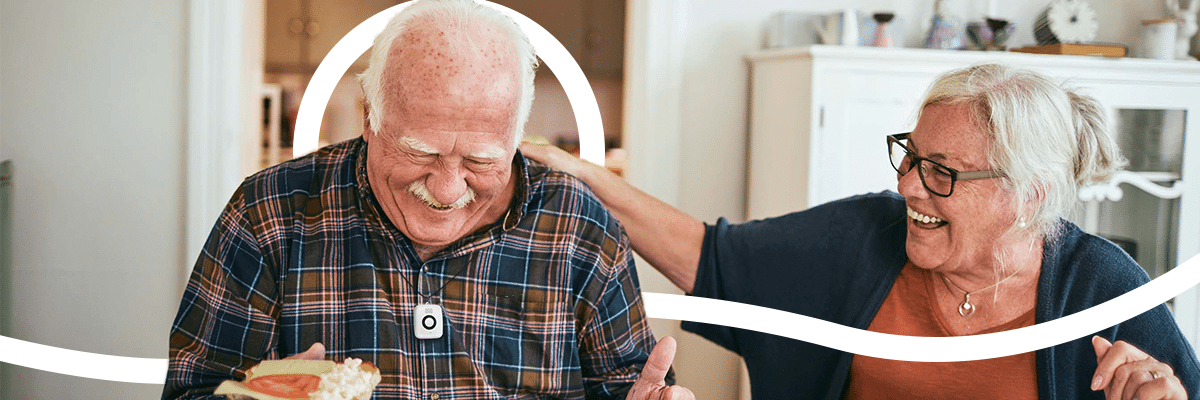4 Reasons Case Managers Recommend PERS
Personal Emergency Response Systems (PERS) help older adults stay safe, independent, and connected to the care they need. These devices provide immediate access to emergency assistance and support, benefiting not only older adults or those with mobility issues, but anyone facing health or safety risks. If you are a case manager or healthcare professional supporting […]

